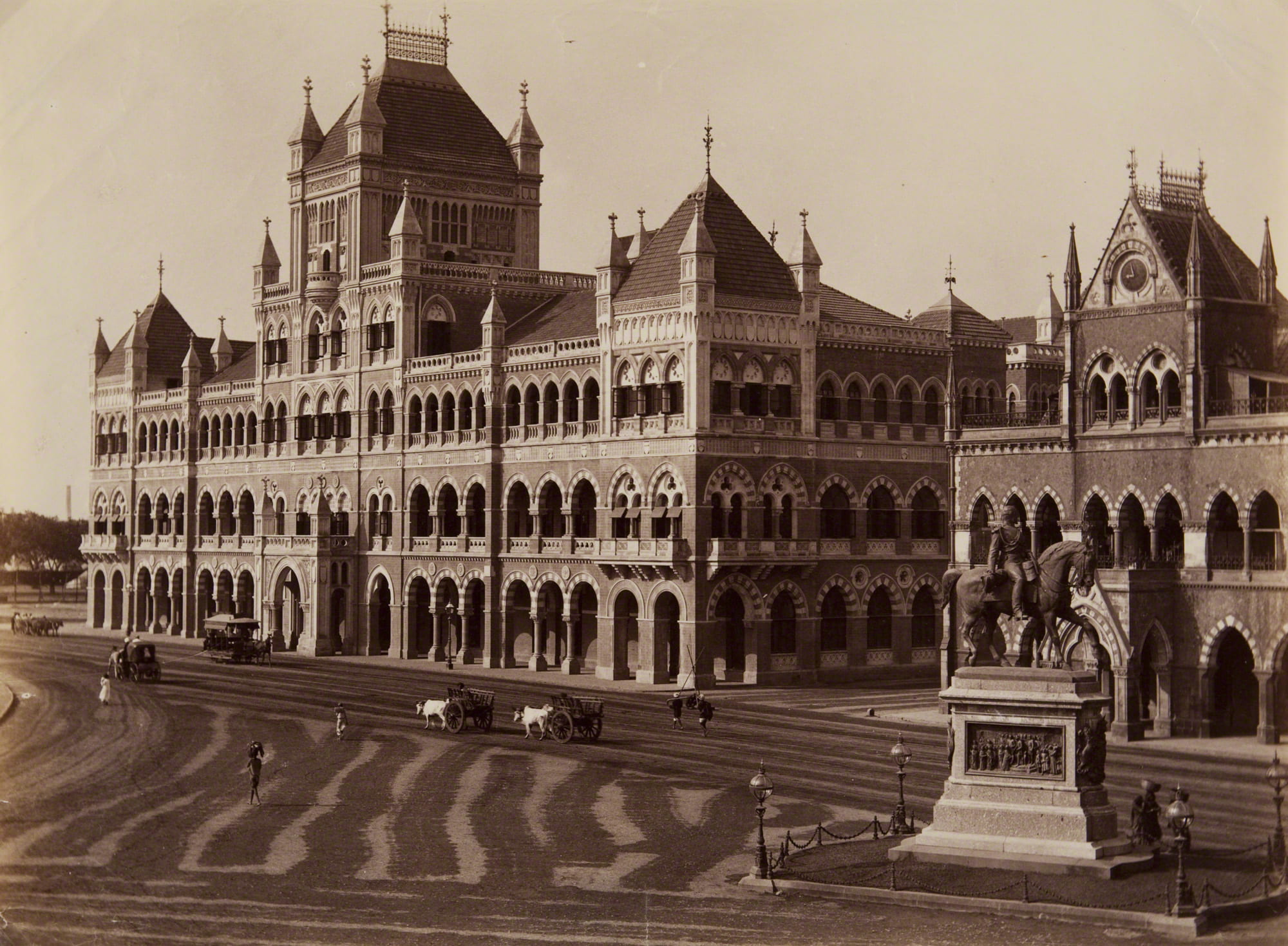Mohammad Fahim Rahimi
National Museum of Afghanistan
“‘Towards a National Museum:’ Museum Studies, and the Challenges of Preservation and Building of Afghanistan’s National Museum”
For more than three decades, the continuous state of warfare in Afghanistan has completely destroyed every facet of the country, including the country’s rich cultural heritage. Throughout this time, I have been a witness to the whole scale loss of Afghanistan’s music tradition, festivals, theater, and of course the country’s museum collections, which have been looted and deliberately destroyed. Monuments that had lasted millennia have been the target of rocket attacks, especially those that date to the pre-Islamic period, while archaeological sites have become a source of booty. Yet, amidst the destruction the National Museum of Afghanistan still survives and its caretakers and curators persist in conserving and exhibiting the precious few collections. Their shared optimism looks forward to better days. The National Museum of Afghanistan is charged with administering all the museums throughout the country. The museums own holdings have survived well enough to showcase how the country has affected and shaped many Eurasian civilizations throughout ancient history. Afghanistan has played a pivotal role in acting as the nexus linking the myriad societies of the Middle East, Central Asia, South Asia, and the Far East, all of which are represented in the National Museum’s collections. Although the museum has been severely damaged, its holdings in recent years have grown exponentially. So too, have the methods of preservation, which have likewise improved immeasurably. This presentation will emphasize the museum’s gradual development after its establishment in 1919, current status, including its holdings, and plans for the museum’s future and those around the country.
Mr. Rahimi is currently director of the National Museum of Afghanistan, and an independent scholar of Afghanistan’s archaeology and ethnography. He has been a Fulbright scholar, pursued his master’s degree in Anthropology and Heritage Preservation at the University of Pennsylvania. He received his BA in Archaeology and Anthropology from Kabul University in 2005. In addition, he has completed coursework in heritage preservation and curatorial studies at Vienna University and at the International Center for the Study of the Preservation and Restoration of Cultural Property in Rome. He was appointed Curator of the National Museum of Afghanistan in 2007, rising to Chief Curator in 2012. There he was responsible for one of the most significant collections of ancient and Islamic art in Central Asia. He has organized a number of important exhibitions, including Mes Aynak New Discoveries along the Silk Road, Buddhist Heritage of Afghanistan, and 1000 Cities of Bactria. In addition, he actively participated in organizing the Preserved Treasures of Afghanistan exhibition, a traveling exhibition displayed in international museums.
